The purpose of this playbook is to outline UN-Habitat’s approach to using Minecraft as an enabler to encourage community participation in urban design and governance.
UN-Habitat has integrated the Block by Block methodology in its Global Public Space Programme, a programme launched in 2012 to develop local policies, plans and designs for safe, inclusive, and accessible public spaces for all to support cities to become more compact, integrated, connected, socially inclusive, and resilient to climate change. The Programme provides technical support in developing city-wide public space strategies, conducting participatory design/visioning workshops, setting up public space management frameworks, conducting city-wide public space assessments, developing indicators to monitor implementation and assess impact, amongst others.
Central to Block by Block is the notion that in order to make urban planning and design processes more participatory, people without design or architectural skills need easy ways to use tools to effectively describe their ideas and desires to professionals. The lack of such tools makes it difficult for non-professionals to engage in dialogue with professionals because they lack the technical skills, confidence and language to adequately communicate their ideas. This creates an engagement gap which is particularly prevalent among marginalized communities with fewer resources and lower levels of education, for example, with youth, people living in informal settlements and disabled, and, as a result, when deliberation occurs it is often biased towards more powerful stakeholders with greater resources.
Read the full report on UN-Habitat
Recommended by Luisa Bravo

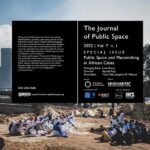

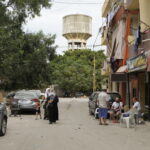
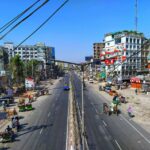
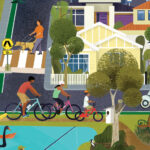
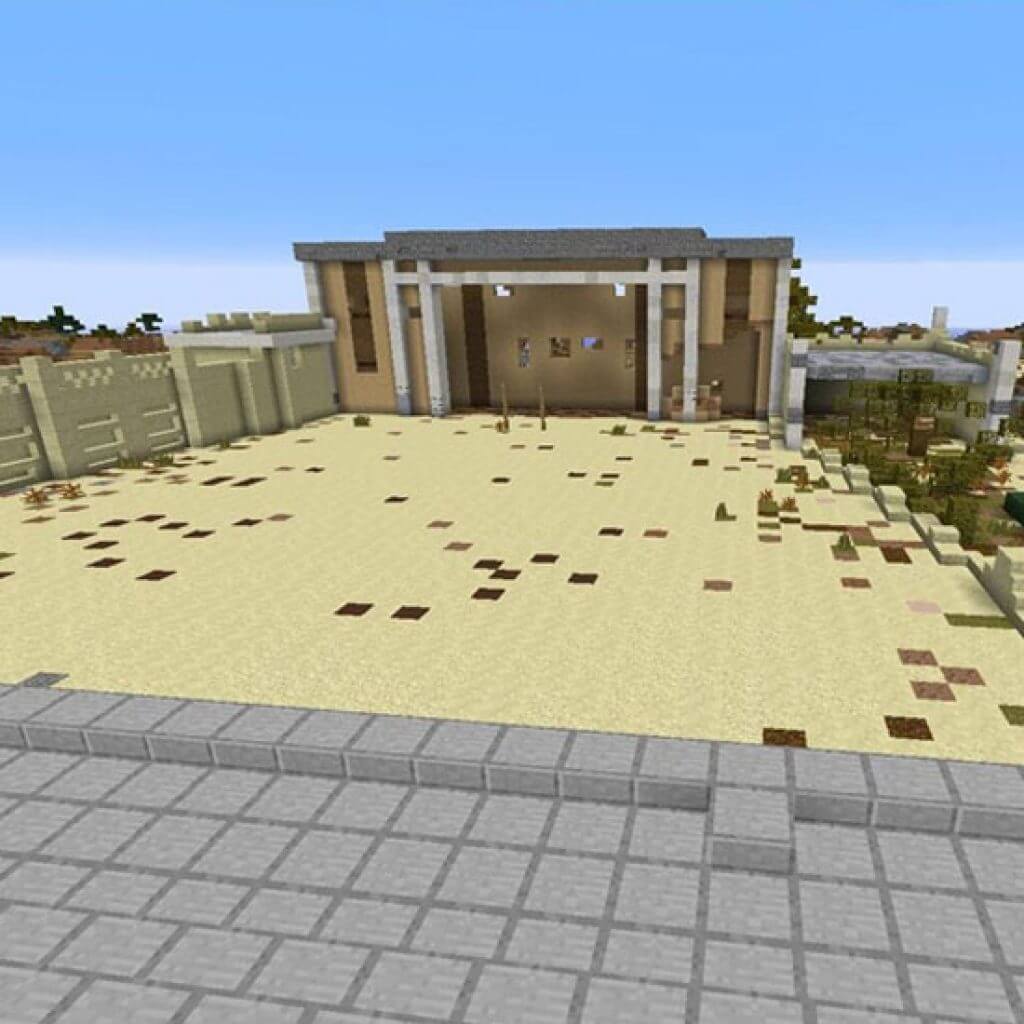
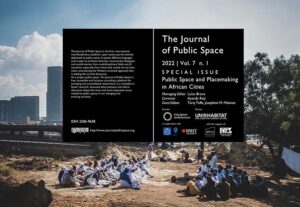

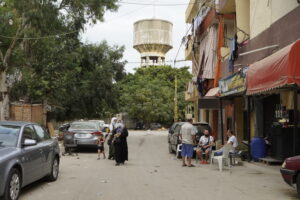
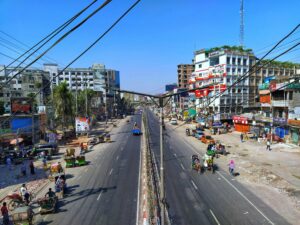
More Stories
Public Space and Public Life Studies
The State of Public Space in 2025
Alliance for Public Space Leadership